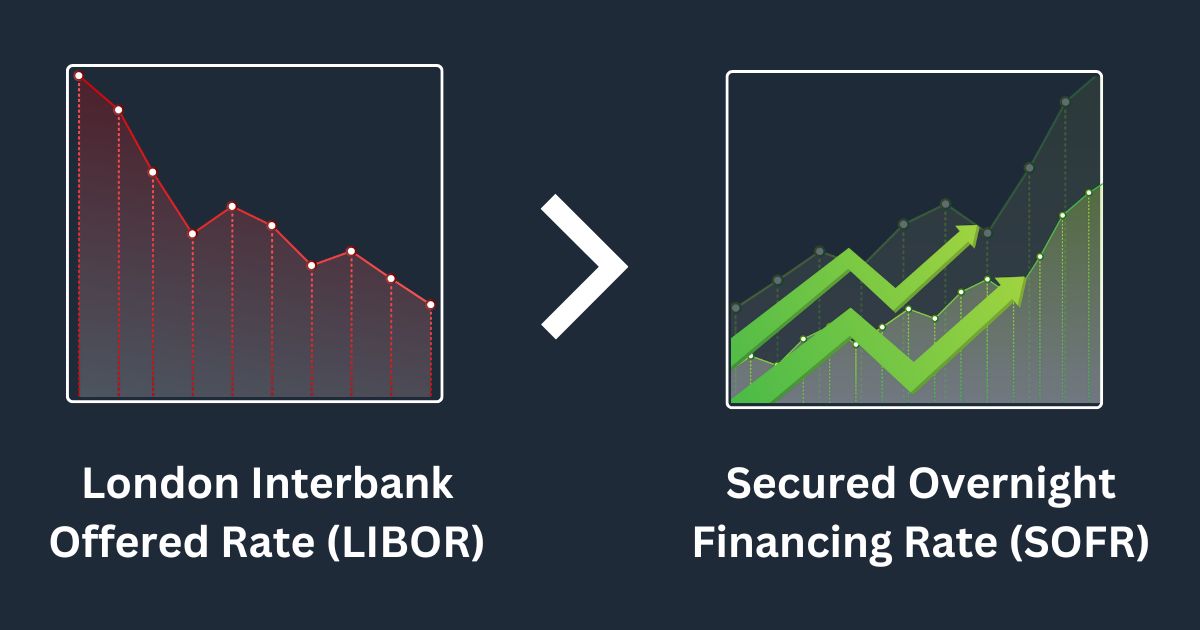Non-Banking Financial Companies or NBFCs are an important aspect of the Indian financial ecosystem. These companies provide various financial products and services and are a key component of the financial industry. NBFCs in India facilitate the distribution of funds, leading to income regulation and impacting the overall economic development of the country.
NBFC Full Form
NBFC Full Form is Non-banking financial company. As per the Reserve Bank of India (RBI), a Non-Banking Financial Company (NBFC) is a company that is registered under the Companies Act, of 1956, and is involved in various financial activities such as granting loans and advances, acquiring shares, stocks, bonds, debentures, or securities issued by the government or local authorities, as well as engaging in leasing, hire-purchase, insurance business, and chit fund business.
However, it does not encompass institutions whose primary focus is on agricultural or industrial production, the buying or selling of goods (excluding securities), the provision of services, or the sale/purchase/construction of immovable property.
What is the difference between NBFC and NBFI?

The terms NBFC and NBFI are often used interchangeably, but they do have subtle differences in their meaning and scope. Both entities serve as non-bank financial intermediaries, and offer banking services similar to the traditional banks but do not accept public deposits such as cheques or savings accounts.
Non-banking financial companies (NBFCs) are companies that provide financial services and products but do not have a banking license but are an integral part of the banking system. NBFCs specifically provide credit facilities such as loans, advances, and leases, along with investment services like asset management, underwriting, and portfolio management.
Non-banking financial institutions (NBFIs) is a broader term that includes all entities that provide financial services and products that are not part of the banking system. This includes NBFCs, as well as other entities such as insurance companies, pension funds, and mutual funds. In summary, all NBFCs are NBFIs, but not all NBFIs are NBFCs.
What are the Types of NBFCs in India?

1.Asset Finance Companies
An Asset Finance Company is primarily involved in financing tangible assets such as machines, industry equipment, vehicles, etc. AFCs provide loans and lease options to individuals, corporates as well as small and medium enterprises to help them fund their working capital needs for growth and expansion.
2.Loan Companies
Loan Companies play a significant role in the financial sector offering different types of loan products for different customer segments. Some of the typical loan offerings of a loan company include home loans, personal loans, loans against property, business loans, etc. Loan companies fill the void left by traditional banks by providing credit to customers who don’t have access to formal channels of credit or lending loans to people who have specific needs.
3.Infrastructure Finance Companies
Infrastructure Finance Company is a type of non-deposit-taking NBFC that is mandated to allocate a minimum of 75% of its overall assets towards infrastructure lending.
In this context, “infrastructure lending” refers to a credit facility provided by the NBFC to a borrower indulged in an infrastructural activity. This could take the form of a term loan, project loan, or subscription to bonds, debentures, preference shares, or equity shares in a project company.
4.Investment Companies
Investment Companies are those NBFCs that are engaged in the management of financial assets such as stocks, securities, bonds, and mutual funds. The primary business of an Investment Company is the acquisition of securities.
5.Microfinance Institutions
Microfinance Institutions have emerged as a popular funding option catering to the funding requirements of the economically disadvantaged population. Microfinance Institutions provide micro-loans to Self Help Groups (SHGs) and low-income individuals thereby helping them to finance their small businesses for growth and expansion.
6.Systematically Important Core Investment Company
A CIC-ND-SI, or Core Investment Company-Non-Deposit Systemically Important, is a specific category of an NBFC characterised by an asset size of Rs 100 crore and above.
These are primarily engaged in acquiring shares and securities and must have at least 90% of their net assets should be in the form of investments in equity shares, preference shares, bonds, debentures, or loans within its group companies.
What Is The Difference Between NBFC And A Bank?

Banks refer to companies registered under the Companies Act, 1956 and regulated under the Banking Regulation Act, of 1949 and provide banking services. While NBFCs perform functions similar to banks, engaging in lending and investments, there are distinct differences between the two:
Accept Deposits
- NBFCs are not allowed to accept demand deposits, a key feature reserved for traditional banks.
Payment and Settlement System
- Unlike banks, NBFCs do not participate in the payment and settlement system, and they are not authorised to issue cheques drawn on themselves.
Deposit Insurance
- Depositors with NBFCs do not have the benefit of deposit insurance provided by entities like the Deposit Insurance and Credit Guarantee Corporation, a protection commonly available to bank depositors.
NBFC’s requirements for RBI Certification

A company seeking to initiate operations as a non-banking financial institution, as defined in Section 45 I(a) of the RBI Act, 1934, and incorporated under the Companies Act, 1956, must adhere to the following requirements:
- It must be duly registered under Section 3 of the Companies Act, 1956.
- The company should maintain a minimum net owned fund of ₹200 lakh (except in the case of NBFC-MFIs, NBFC-Factors, and CICs for which separate requirements are put forth by the RBI).
NBFCs Which Need Not be Registered With RBI
Following is the list of NBFCs that need not be registered with the Reserve Bank of India.
- Insurance Companies: Regulated by the Insurance Regulatory and Development Authority of India (IRDAI).
- Housing Finance Companies: Regulated by the National Housing Bank.
- Stock Broking Companies: Regulated by the Securities and Exchange Board of India (SEBI).
- Merchant Banking Companies: Regulated by the Securities and Exchange Board of India (SEBI).
- Mutual Funds: Regulated by the Securities and Exchange Board of India (SEBI).
- Venture Capital Companies: Regulated by the Securities and Exchange Board of India (SEBI).
- Companies Running Collective Investment Schemes: Regulated by the Securities and Exchange Board of India (SEBI).
- Chit Fund Firms: Regulated by the respective State Governments.
- Nidhi Companies: Regulated by the Ministry of Corporate Affairs (MCA).
You May also like:
- Account Aggregator Framework: What it is and How it Works?
- What are the Advantages and Disadvantages of GST in India?
- How To Apply for an Udyam Registration Certificate
- Explore 7 Types of Company Registration In India
- MSME Advantages and Disadvantages: Unlocking the potential of MSMEs in India
- Retail Industry in India | History, Challenges & Future 2023
Frequently Asked Questions
What is the full form of NBFC?
The full form of NBFC is Non-banking financial company.
Is NBFC a part of private sector banks?
No, an NBFC is not part of a private sector bank. It does not have a banking licence but can provide credit facilities to borrowers.
What is an example of NBFC?
Some of the examples of popular Non-banking financial companies in India are Bajaj Finserv, Mahindra & Mahindra Financial Service, Aditya Birla Finance Limited, etc.
















